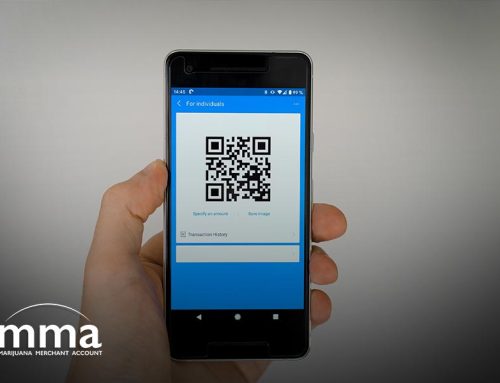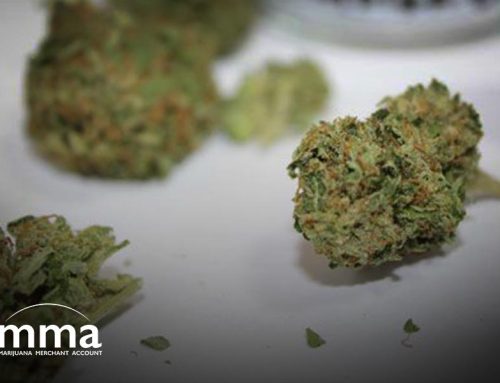State-legal marijuana companies locked out of using financial services due to the federal prohibition of cannabis have been warned not to deceive banks about the nature of their business.
Benjamin William Perry and Alex McFall of Bradley Arant Boult Cummings LLP law firm, writing for Lexology, said there’s a strong incentive for cannabis businesses to pretend to banks that they don’t actually deal in cannabis in order to benefit from smooth financial transactions, among other services. But the consequences of doing so can be severe. The practice gained notoriety recently thanks to a case involving the marijuana delivery company Eaze, otherwise known as the “Uber of Pot.”
“For the cannabis industry, this case demonstrates the significant risk associated with day-to-day transactions and the heavy cost of trying to circumvent the policies of credit card and debit card companies,” Perry and McFall wrote. “Cannabis companies must remain cognizant of stiff federal penalties relating to making untruthful statements of any sort to federally regulated banking institutions.”
Eaze allowed customers in California and Oregon to pay for marijuana using a debit card. Even though cannabis is legal in California and Oregon, it remains illegal at the federal level meaning banks – bound by federal regulations – are generally unwilling to process cannabis sales for fear of reprisals.
To get around this, federal prosecutors alleged Eaze’s transactions were concealed using offshore accounts, various shell and payment processing companies as well as false merchant category codes (MCC) that disguised the purchased products as dog food, beverages, clothing etc to avoid being flagged by credit card companies like Visa, MasterCard and Bank of America.
A New York jury in the US District Court for the Southern District of New York agreed with the prosecutors and convicted two consultants working with Eaze, Hamid “Ray” Akhavan and Ruben Weigand, of conspiracy to commit bank fraud. In total, the two men had deceived US banks into processing $150 million of marijuana purchases between 2016 and 2019 using a scheme they’d designed.
William Burck, an attorney with Quinn Emanual Urquhart & Sullivan, represents Akhavan and argues the banks in question were not defrauded since they benefited from the transactions and were cognizant of the nature of the purchases and Eaze’s business model.
“Our client’s core defense was that the banks were, and remain, complicit in the processing of marijuana purchases by credit and debit cards. We believe the evidence supported that defense and hope to have the verdict overturned,” Burck said.
Former Eaze CEO James Patterson plead guilty to one count of conspiracy to commit bank fraud ahead of Akhavan and Weigand’s trial. Eaze cooperated throughout the trial and no other employees, contractors or stakeholders were charged.
Eaze’s position as a major industry player, with more than seven million completed marijuana deliveries as of March, leads Perry and Mcfall to speculate the fraudulent practices carried out by Eaze consultants are likely widespread throughout the legal cannabis industry. And if federal prosecutors can rein in a large company like Eaze, they won’t think twice about going after a ‘mom and pop’ cannabis dispensary that’s also looking for a way round federal regulations or that’s simply unaware of the potential legal consequences of doing business with financial institutions.












